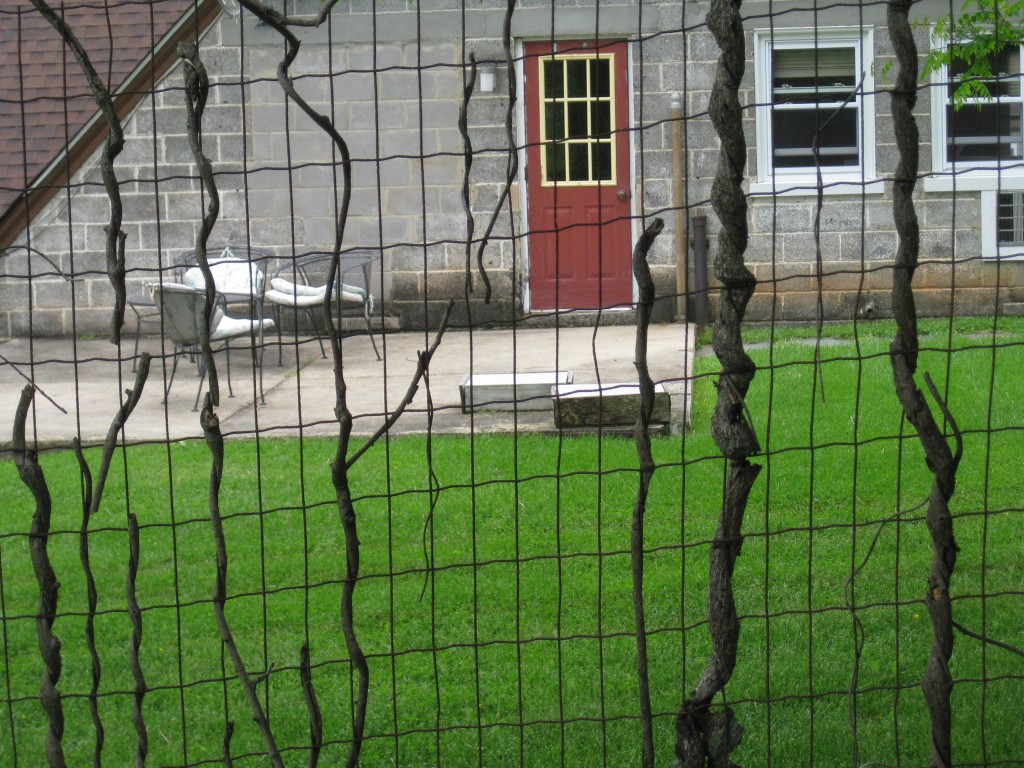
Unrestricted access
Adoptees need access to their birth records. Only 9 U.S. states currently provide adult adoptees unrestricted access to their original birth certificates. Although partial access or restricted access might sound like it’s better than nothing, it’s not. It’s actually heartbreak waiting to happen. Just when you think your state has passed a law that will provide you with your original birth certificate, you might discover there are date restrictions. Or that your birthmother has veto power over the release of your original birth certificate.
Restricted access hurts adoptees
Adoptees need unrestricted access to their birth records. And original birth certificate can pave the way to medical history, ethnic and cultural origins. All of the things that an un-adopted person has access to.
Connecticut is one of the most recent partial access states, and here’s how it works:
On June 6, 2014 Governor Dannel Malloy signed into law Public Act 14-133 (House Bill 5144), which restores the right of adoptees adopted after October 1, 1983 to access their original birth certificates upon reaching the age of 18. This law restores the right of access to approximately 24,000 of the 65,000 adoptees who were born in Connecticut since 1919. —FROM THE AMERICAN ADOPTION CONGRESS WEBSITE
If you were adopted after 1983 as a youngster or an infant, chances are your birthparents are still relatively young. Or at least still on the planet. Older adoptee’s parents are probably, well, older. Or deceased. But you might never be able to find out if they’re dead or alive.
In Delaware, it goes like this:
Birth parents wishing to block release of identifying information must file a written notarized statement to that effect with the Office of Vital Statistics. Such statements must be renewed every three years.
Vital Statistics will make a reasonable effort to notify a birth parent when an adoptee applies for birth records. If no disclosure veto statement is filed, the original birth certificate will be released to the adoptee approximately 65 days after the initial request. — ALSO FROM THE AAC WEBSITE
This birthmother’s perspective
I confess that I do suffer the tiniest bit of ambivalence. I’m a birthmother. I understand the shame and secrecy element. I realize the upheaval this might cause in the life of a woman who kept her pregnancy a secret. Or did not tell her spouse that she had a child from a previous relationship. I understand that if she has other children they might be shocked. It could be quite a surprise that their mother is a mother to someone else.
Access to birth records
BUT I think the right of adoptees trumps all of it. Adoptees must have unrestricted access to their birth records. To know who they are, where they come from. To know what their medical history is must have priority over the birthparents’ concerns.
There are 7 states with partial access or restricted access. It’s depressing to read the details and do the math regarding how many adoptees can get their OBCs and how many cannot. The adoptee rights organization, Bastard Nation follows the progress of state legislation regarding birth records very closely. If you are an adoptee and want the latest on the status of OBCs in your state, check there.

I was just discussing this with my son two nights ago. And my words echoed yours: Yes, I feel sympathy for birth parents who might have kept a secret (as they were told to) all these years, but my son’s right to know his ancestry trumps everything, every situation, especially now as he gets older. He’s 36. Every year his doctor asks him, “Is there any history of…?” He has no answers. How can we change the laws in California? This simply has to change. Has to.
As always, I appreciate your candor.
Pingback: Rhode Island Adoptees - Denise Emanuel Clemen
Pingback: California Adoption Bill - Denise Emanuel Clemen